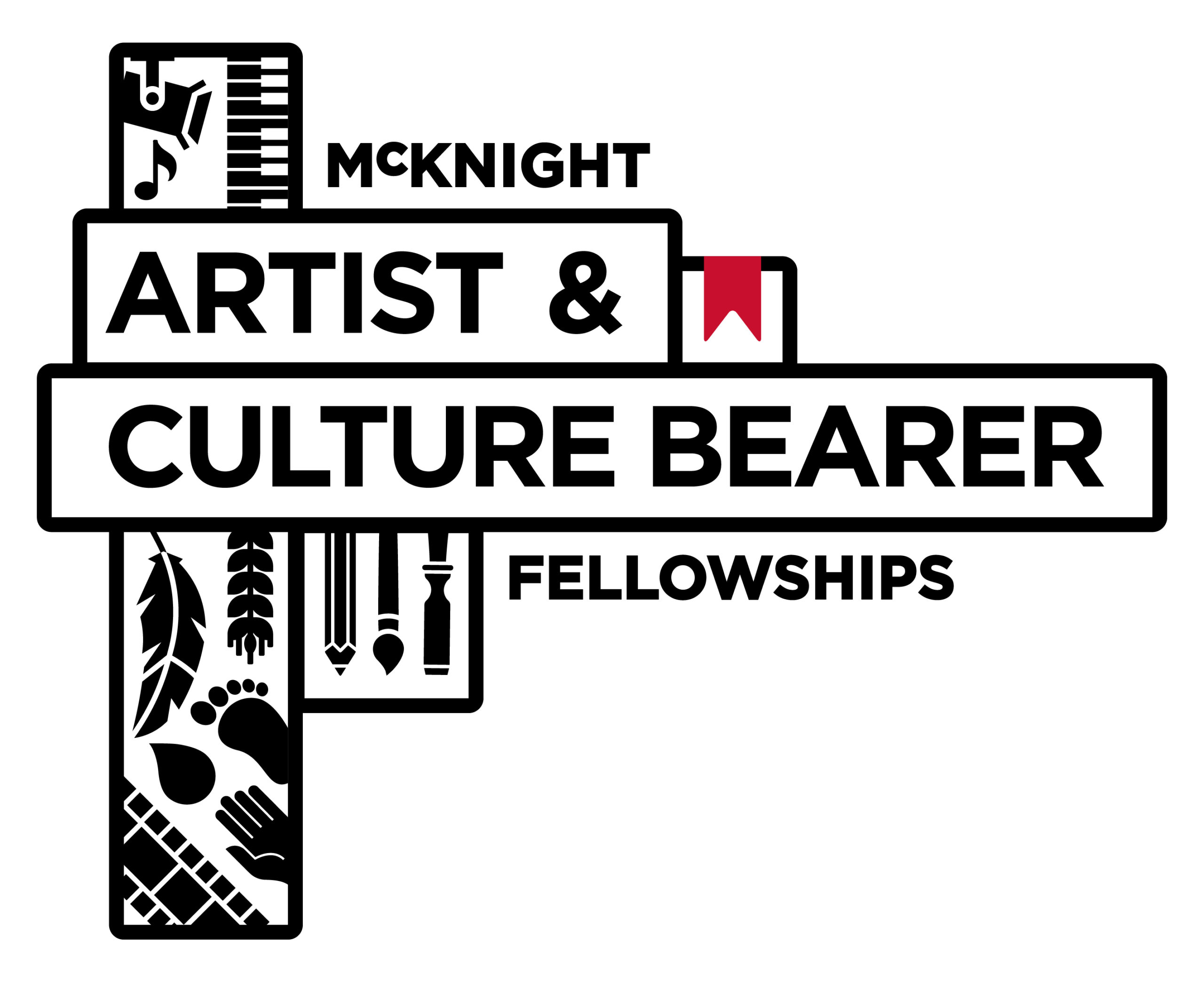- About
- Overview
- Guidelines
- Past Recipients
- McKnight Artist Fellowships Community Values
- Information Sessions
Founded on the belief that Minnesota thrives when its artists and culture bearers thrive, the McKnight Foundation’s arts and culture program is one of the oldest and largest of its kind in the country. Support for individual working Minnesota artists and culture bearers has been a cornerstone of the program since it began in 1982. The McKnight Artist & Culture Bearer Fellowships Program provides annual, unrestricted cash awards to outstanding mid-career Minnesota artists in 15 different creative disciplines. Program partner organizations administer the fellowships and structure them to respond to the unique challenges of different disciplines. Currently, the foundation contributes about $2.8 million per year to its statewide fellowships. For more information, visit mcknight.org/artistfellowships.
The American Composers Forum encourages applicants from the full range of musical approaches and perspectives, and is committed to supporting a diverse pool of artists who demonstrate compelling artistic work. Accordingly, awards for our programs will represent, as far as possible, artists and projects that are diverse in creative methodology, gender, race, ethnicity, and geography.
Current Participants
The panelists who selected this year’s awardees were Maria Chávez, Texu Kim, inti figgis-vizueta, and Matthew Evan Taylor.
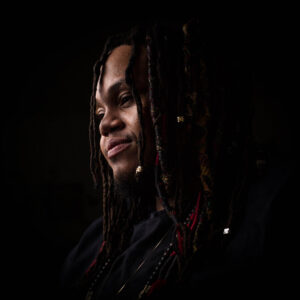
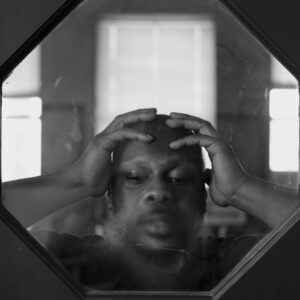
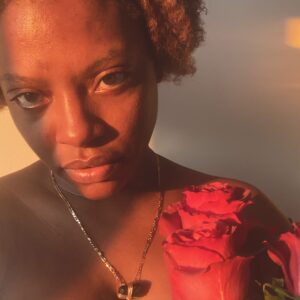
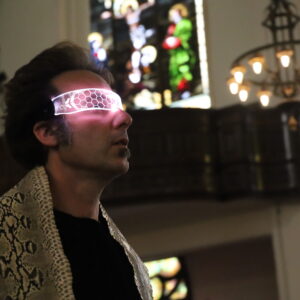
Mychal “MMYYKK” Fisher photo by Michael Harrison, deVon Russell Gray photo by Carrie Thompson, LaAerial photo courtesy of the artist, and Troy Rogers (aka Robot Rickshaw) photo by Paul Lundgren, Perfect Duluth Day
The Purpose of the McKnight Artist and Culture Bearers Fellowships as Described by the McKnight Foundation
The intent of the McKnight Artist and Culture Bearers Fellowship is to recognize and support artists and culture bearers who are beyond emerging and have sustained experience in their area of practice. Fellows demonstrate achievement, commitment, and high level proficiency in artistic and/or culture bearer practice that contributes to their field and impacts and benefits people in Minnesota.
Awards
- Four fellowships of $25,000 in unrestricted funds will be awarded. Awards are subject to state and federal income tax guidelines.
- Funds are distributed across four installments.
- Fellows also have an opportunity to attend an artist residency program coordinated by the Artist Communities Alliance within two years of the fellowship program.
- Fellows have an opportunity to present their work as part of an ACF-produced showcase event.
- Consultation, time, and resources from ACF.
- Consultation, time, and resources from Springboard for the Arts
The panelists for the 2024 McKnight Composer Fellowships are:
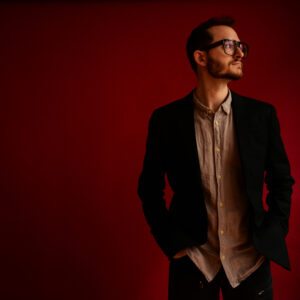
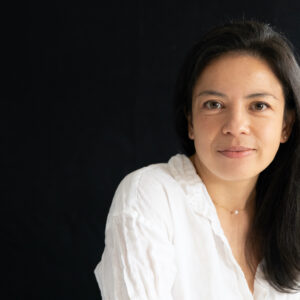
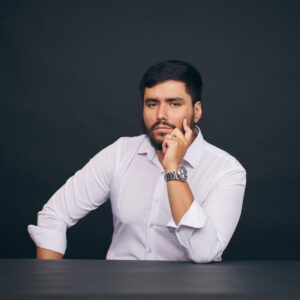
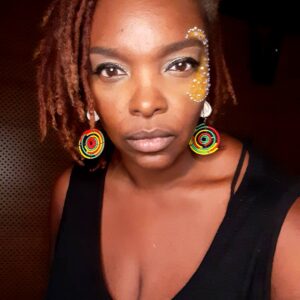
Photo Credits: Pascal Le Boeuf by Shervin Lainez; Mary Prescott by Bill Phelps; J.E. Hernández by Claire McAdams; Queen Drea, photo provided by artist
APPLICATIONS FOR THE 2024 MCKNIGHT COMPOSER FELLOWSHIPS ARE CLOSED. Please check back soon for the announcement of this cycle’s awardees.
To view the complete guidelines as a separate document, please click HERE.
2024 McKnight Composer Fellowships
The American Composers Forum (ACF) is pleased to announce the 2024 McKnight Composer Fellowships. This program is made possible by the generous support of the McKnight Foundation.
GUIDELINE INFORMATION
ONLINE APPLICATION DEADLINE: Friday, December 1, 2023 (11:59 PM Central)
Please note: ACF is intentional in its interchangeable use of the terms artist, music creator, and composer, as we recognize not everyone identifies themselves by one of these terms.
Program Description
- ACF will select four music creators based in Minnesota to support their continuing artistic practice.
- There are no restrictions on how each music creator makes use of the funds.
Eligibility
- You have or maintain Minnesota residency for at least one year prior to application and for the duration of the fellowship year.
- You have a US Social Security Number or US Tax ID.
- You are beyond early practice and have sustained experience in your discipline.
- You demonstrate achievement, commitment, and high level proficiency in music creation practice.
- For former McKnight fellows applying after the five year sit period: You demonstrate growth and ongoing artistry since your most recent McKnight Artist Fellowship.
- You have not applied to a McKnight Artist Fellowship in any artistic discipline within the past year.
- You have not been a recipient of a McKnight Artist Fellowship within any artistic discipline in the last five award years. Recipients of 2019, 2020, 2021, 2022, 2023 McKnight Fellowships in any discipline are not eligible. 2018 fellows are eligible to apply again for 2024 fellowship awards. Past fellows can search on the McKnight Artists Fellowship webpage to confirm their award year.
- You are not staff, board, or immediate family of the McKnight Foundation or fellowship administrative partners (including ACF). The partners are shown here: https://www.mcknight.org/programs/arts-culture/the-mcknight-artist-fellowships/
- You are not enrolled full-time in an academic program. (Low-Residency MFA students, and Ph.D. and DMA candidates who have completed all requirements except their dissertation, are not considered “full-time” students.)
Selection Process
A review panel of four music creators, artists, and/or advocates are selected for their familiarity with diverse musical approaches and will review applications and select fellowship recipients.
Prescreening:
- ACF staff review all applications for eligibility and completeness.
Panel Review Phases:
- Phase 1 – Independent Review:
In this phase, panelists are assessing each applicant individually and scoring applicants based on the key evaluation criteria (see below).- Panelists will only listen to up to 5 minutes of Work Samples A in this phase.
- About 50% of the applications will be passed on to the next phase based on combined scores and a review of the list by the panelists.
- Phase 2 – Panel Review:
In this phase, panelists will listen to applicants’ music together, and have conversations in which comparative judgements will be made among applicants.- Round 1 – Panelists will adjust scores on the key evaluation criteria as needed, and select between ten and fifteen applications to move forward to the next round.
- Panelists will revisit Work Samples A, this time collectively. If you wish for the panelists to listen to different sections of those same works (always totaling 5 minutes), you have the option to indicate alternative cue times for this review stage.
- Panelists will listen to up to 10 minutes of Work Samples B.
- Round 2 – Panelists will provide an overall score and select the four awardees plus alternates and honorable mentions.
- Panelists will revisit Work Samples A and Work Samples B.
- Round 1 – Panelists will adjust scores on the key evaluation criteria as needed, and select between ten and fifteen applications to move forward to the next round.
Past curators have included: Maria Chávez, Texu Kim, inti figgis-vizueta, Matthew Evan Taylor, Forbes Graham, Sarah M. Greer, Ritika Ganguly, Danny Clay, Jannina Norpoth, Carlos R. Carrillo, Lovett Hines, Emily Koh, Isaac Schankler, and Samita Sinha.
The ACF staff members who oversee the McKnight Fellowship program do not contribute to the decision-making process or the selection of the McKnight Composer Fellows. The role of the staff is to provide clarity for the review process and to ensure that the curators’ review and the discussions proceed in accordance with the program guidelines.
Key Evaluation Criteria
ACF encourages applicants from the full range of musical approaches/perspectives, and is committed to supporting a diverse pool of artists who demonstrate compelling artistic work. Accordingly, awards for our programs will represent, as far as possible, artists and projects that are diverse in creative methodology, ethnicity, gender, geography, and race.
Artistic craft:
- Strong sense of the creator’s voice
- Technical proficiency necessary to achieve the desired results
- Quality of work samples (quality is always defined by a cultural context)
The applicant has clearly reached beyond early practice as evidenced by:
- Significant body of work
- Creative achievement
- Sustained contribution to their artistic field and to Minnesota’s arts ecosystem.
Notification
The panelists’ decision is final and will be announced in March 2024. Results will be posted on ACF’s website and applicants will be notified by email. After the 2024 McKnight Composer Fellowships are announced, all applicants will have the opportunity to set up a 15-minute feedback session with an ACF staff member.
How to Apply
The music creator applicant completes or uploads the following in the Online Application Form via the SlideRoom Application System. The online application can be found HERE.
1. Composer’s Personal Information:
Name, Pronouns, Address, Phone, Email Address, Webpage
2. Questions Regarding Eligibility & Past Participation:
A series of questions to confirm your eligibility for this program and past participation.
3. Work Samples:
General Guidelines
- Provide audio and/or video work samples totaling no more than twenty minutes of your original music.
- At least one of your work samples should be of a work you created in the past five years.
- If you have previously received a McKnight Fellowship, concentrate your work samples on the period of time since your last award.
Recommendations
- Provide web links to your music samples (SoundCloud, YouTube, Vimeo, Google Drive, etc.).
- Make sure web links you provide in this application remain active and unchanged until February 1st, 2024.
- If you do not wish for your work samples to be public, please make them unlisted so the committee will still have access.
- Instructions on How to Create Unlisted Links:
- For each audio and/or video work sample, please submit any accompanying documentation/materials that will provide further insights into your creative process and clearly describe the nature of your involvement in the creation of the piece.
- If notated scores are part of your creative process, provide PDFs of scores (up to 10MB each) corresponding to the audio or video samples you submitted.
- If the PDF is larger than 10 MB, a space is given for you to provide a web link to the larger file.
- Applicants whose work samples involve lyrics are encouraged to provide lyric sheets. This could take the place of a score if one is not present.
- We are open to receiving many types of sonic representation for the review process, including video, spectrogram, waveform, graphics, etc.
- Please note that panelists will not have access to music notation, electronic music, graphic, video, or other specialized software.
Instructions
- Work Samples A – makes the most critical impression on the panelists, and should represent your most distinctive and compelling musical example.
- You can include one or two work samples (full works or excerpts). Regardless of the duration of the linked or uploaded media, you will indicate start and end cue times for a total duration of 5 minutes.
- Work Samples B – complements the previous work samples.
- You must include two different work samples (full works or excerpts). Regardless of the duration of the linked or uploaded media, you will indicate the start and end cue times for a total duration of 10 minutes.
For each Work Sample, you will be asked to provide:
- Cue Start and End Times
- Title
- Full Duration
- Year of Completion
- Ensemble/Name(s) of Performer(s)
- Instrumentation
You may also give other pertinent information you feel would be helpful to the panel, such as why you chose to submit this particular sample (3000 characters, including spaces).
5. Artist’s statement: Link to video (6 minutes max), OR typed answer (max. length: 4000-character, or ca. 600 words)
The artist statement may take any of several directions, at your discretion: information about your background, the development of your work, your interests as an artist or your aesthetic position, your future artistic direction, or any other information you would like to present to the panel.
6. Insights into your artistic experiences (4000-characters max, or ca. 600 words):
This can be a biography, a list of 10 artistic experiences that have shaped you as a musician, or a resume. We would like this document to enhance your artistic statement and provide further insights into your creation of music. If you choose to list a set of 10 artistic experiences, please go deeper into details on two of the most important experiences out of the ten experiences.
7. A complete works list (PDF only – up to 10MB):
For each of your works include the title, year created, approximate duration of work, instrumentation, year of the premiere, and performer or ensemble that premiered the work.
8. Questions regarding social media, information sessions, and how you learned about this opportunity.
9. Acknowledgement of McKnight Artist Fellowship Community Values
10. Acknowledgement of Terms and Conditions
By applying, you attest:
- You have carefully reviewed the 2024 McKnight Composer Fellowships application guidelines.
- To the accuracy of the information supplied in the application.
- Application materials submitted are the applicant’s sole and original work.
- You understand the purpose and conditions of the McKnight Composer Fellowship program and you accept them should you be selected as a fellow.
- You are eligible for the competition, and you will notify the Director of Programs if you become ineligible prior to the conclusion of the competition.
- Providing false or misleading information on this application, or failing in any other way to comply with the rules, will subject you to disqualification and forfeiture of the fellowship.
- You understand that your application must be completed by the online application deadline of Friday, December 1, 2023 (11:59 PM Central). ACF / McKnight Composer Fellowship program takes no responsibility for applications that are not in Submitted status at the deadline.
11. Music Creator’s Demographic Form
In our commitment to racial equity, we include within that scope, but do not limit it to, diverse gender identities, musical approaches and perspectives, religions, ages, abilities, cultures, backgrounds, and sexual orientations.
Sharing your information is optional, but helps us to understand the impact of our efforts to invite and welcome a broad range of artists. This information will not be shared publicly or with funders/other third parties with your name unless explicitly approved by you.
Instructions:
What you share in the 2024 Demographic Information form as part of your SlideRoom application for this program will be included in your application and seen by curators. If you prefer to keep your answers separate/anonymous, please complete this form: https://forms.gle/6e6kDDsug5Xq81NE7. Not sharing your information will not negatively impact your application.
- I identify as:
- BIPOC (Black, Indigenous, Person Of Color), ALAANA (African, Latinx, Asian, Arab, Native American), Mixed Race, or Global Majority (Black, Asian, Brown, dual-heritage, indigenous to the global south, people that has been racialized as ‘ethnic minorities’)
- White
- Which of the following regions do you identify with? (check all that apply)
- African descent/Diaspora
- Southern African descent
- Central African descent
- East African descent
- North African descent
- West African descent
- Caribbean descent
- North American descent
- Central American descent
- South American descent
- Central Asian descent
- East Asian descent
- South Asian descent
- Southeast Asian descent
- Middle Eastern/Southwest Asian descent
- Native Hawaiian or Pacific Island descent
- European descent
- Decline to State
- Please share the words you use to more fully communicate who you are and your experiences. You may include specific race, ethnic, region, national group, and/or tribal/band affiliations you identify with. (Examples: Alaskan Native, Dakota-Shakopee Mdewakanton, Honduran, Azeri/Persian, Puerto Rican, Nigerian, Hmong, Thai, Scots-Irish, Russian Jewish descent, Laotian, Chicano, Italian, Rural/Remote resident, Yupik, Haitian and Creole, Norwegian, decline to state, I don’t know, etc.)
- Which gender(s) do you identify with? (check all that apply.)
- Female
- Gender non-conforming
- Gender fluid
- Male
- Non-binary
- Two Spirit
- Decline to State
- Prefer to self-identify (use the open field in next question)
- Open field for the question above: which gender(s) do you identify with?
- Do you identify as transgender?
- Yes
- No
- Decline to State
- Do you identify as disabled or as a person with a disability?
- Yes
- No
- Decline to State
- Do you identify as neurodivergent?
- Yes
- No
- Decline to State
Additional Information
- Entries must be submitted electronically on or before 11:59 PM Central on Friday, December 1, 2023.
- There will be a 24-hour grace period to accommodate any issues submitting your application by the deadline, but your application must have been started before the deadline. After the grace period, late applications will not be considered under any circumstance.
- Entries submitted by mail or means other than the provided online application process will not be eligible for consideration.
Questions
The American Composers Forum encourages applicants to contact ACF staff to ask questions and discuss potential applications. For general questions regarding the McKnight Composer Fellowship program applications, please contact Oswald Huỳnh, Manager of Artist Support, at ohuynh@composersforum.org.
2022
2022 panelists were Forbes Graham (Boston, MA), Sarah M. Greer (Minneapolis, MN), Ritika Ganguly (Minneapolis, MN), Danny Clay (San Francisco, CA), and Jannina Norpoth (Brooklyn, NY).
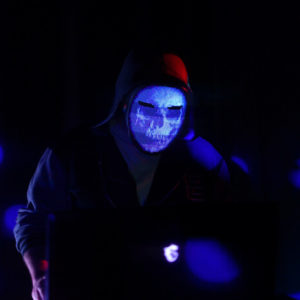
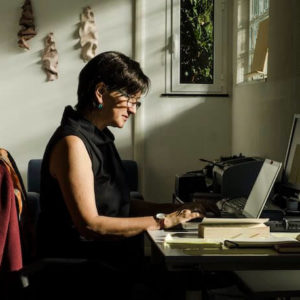
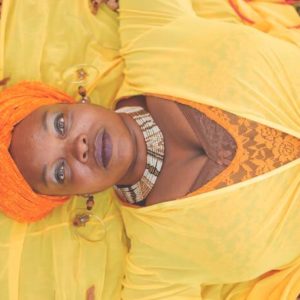
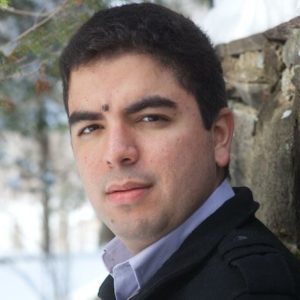
Mitchell Bercier photo by Elbow Juice, Mary Ellen Childs photo by Laura Bianchi, Queen Drea photo credit by David Lee Glasgow, and Reinaldo Moya photo by Arthur Moeller
2021
2021 panelists were Carlos R. Carrillo (Urbana, IL), Lovett Hines (Philadelphia, PA), Emily Koh (Norcross, GA), Isaac Schankler (Pasadena, CA), and Samita Sinha (Jackson Heights, NY).
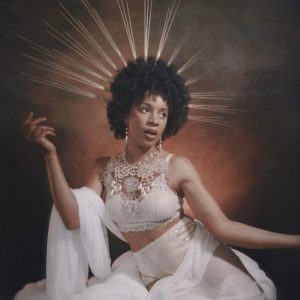
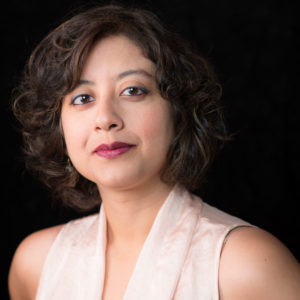
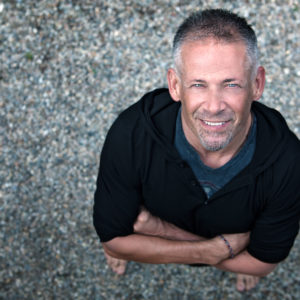
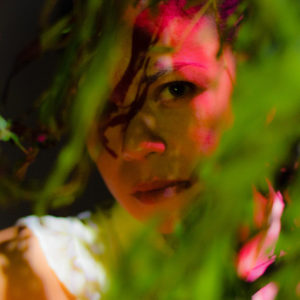
Ashley DuBose photo by Drew Meyer, Ritika Ganguly photo by Bruce Silcox, George Maurer photo credit by Ric Ide, and Mary Prescott photo by Adela Wagner
2020
2020 panelists were composers Carolina Heredia (Columbia, MO), Donovan Mixon (Evanston, IL), and Beth Wiemann (Maynard, MA).
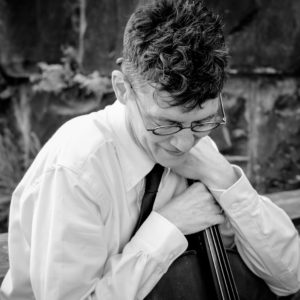
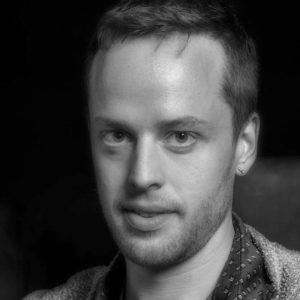
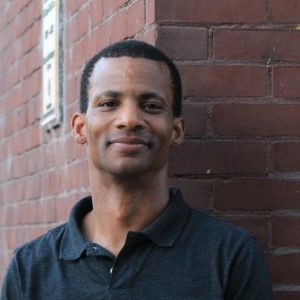
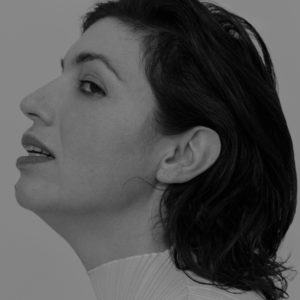
Davu Seru photo courtesy of Saint Paul Almanac; Anat Spiegel photo by Yaël Temminck
2019
2019 panelists were composers Gavin Chuck (Chicago, IL), Elainie Lillios (Bowling Green OH), and Gilda Lyons (Rhinebeck, NY)
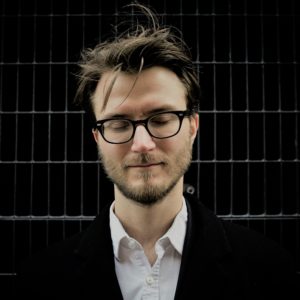
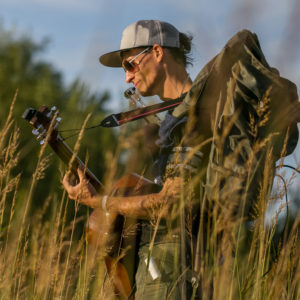
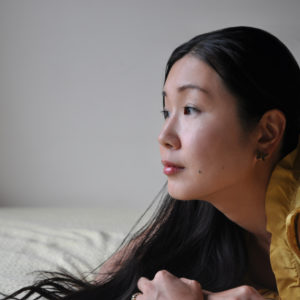
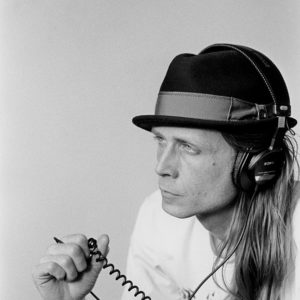
Aleksandr Brusentsev photo by Joe Sarah; James G. Everest photo by Erin Westover; Asuka Kakitani photo by Hanayo Takai; Stefon Bionik Taylor photo by Brandon Sweet
2018
2018 Panelists: Marcos Balter, Amy Knoles, and Osnat Netzer
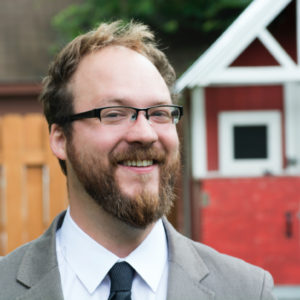
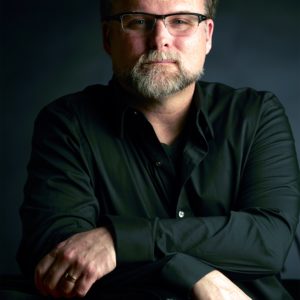
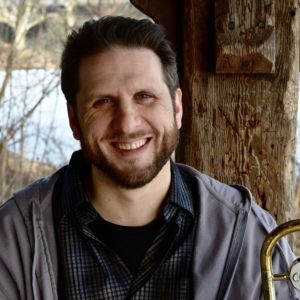
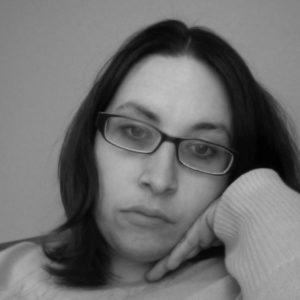
2017
2017 Panelists: Fang Man, Ken Field, and Marilyn Shrude
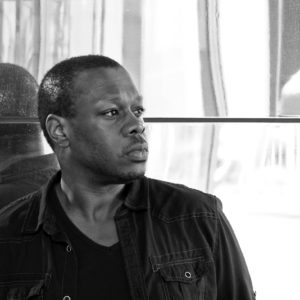
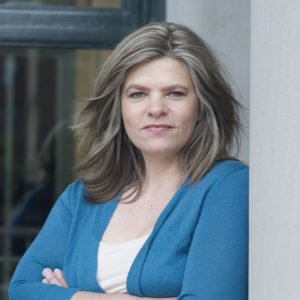
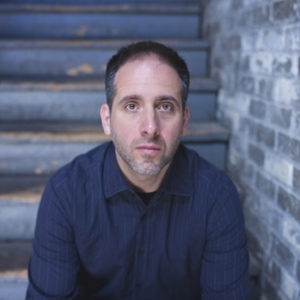
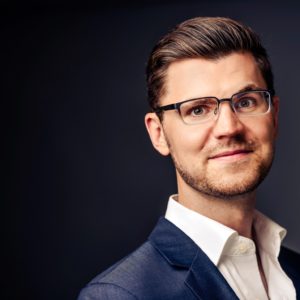
2016
2016 Panelists: Susan Botti, Rudresh Mahanthappa, Douglas Geers
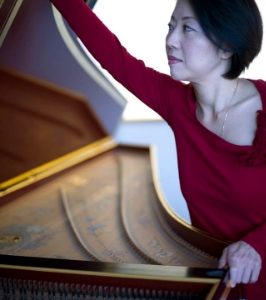
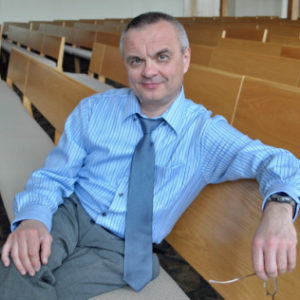
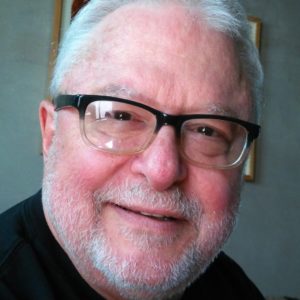
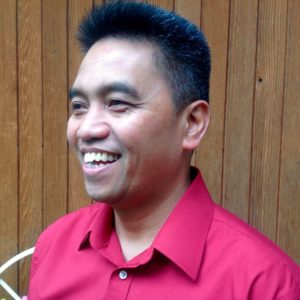
- 2015: Abbie Betinis, David King, Reinaldo Moya, Peter O’Gorman
Panelists: David Dzubay, Aruán Ortiz, Zeena Parkins - 2014: Alex Freeman, Jocelyn Hagen, Michelle Kinney, George Maurer
Panelists: Amir ElSaffar, Stacy Garrop, and Daniel Trueman - 2013: Randy Bauer, Scott Miller, Joshua Musikantow and David Evan Thomas
Panelists: Anne LeBaron, Nicole Mitchell and Sven-David Sandstrom - 2012: Viv Corringham, Christopher Danforth, Douglas R. Ewart and Steve Tibbetts
Panelists: Nancy Galbraith, Graham Reynolds, Huang Ruo - 2011:Elizabeth Alexander, Justin Merritt, Jeremy Wagner and Spencer Wirth-Davis
- Panelists: Linda Dusman, J.D. Parran and Jack Perla
- 2010: Neal Hagberg, Jocelyn Hagen, Ann Millikan and Peter O’Gorman
- Panelists: Fernando Benadon, David Conte and Mary Jane Leach
- 2009: Abbie Betinis, Mankwe Ndosi, Schuyler Tsuda and Janika Vandervelde
- Panelists: Derek Bermel, Jennifer Bilfield and Newman Baker
- 2008: John E. Bower, Brent Michael Davids, Philip Fried and Noah Keesecker
- Panelists: Mark Applebaum, Margaret Leng-Tan and David Stock
- 2007:Douglas Ewart, Douglas Geers, Adam Wernick and Preston Wright
- Panelists: Susie Ibarra, Matthew Levy and Steven Stucky
- 2006:Mary Ellen Childs, Viv Corringham, Edie Hill and Aaron Kerr
- Panelists: Milford Graves, Belinda Reynolds and Neil Rolnick
- 2005:Yawo Attivor, Carol Barnett, Eric Barnum and Thomas Scott
- Panelists: Fred Frith, Anthony deMare and Ileana Perez Velazquez
- 2004:Ruth MacKenzie, Mike Olson, Matthew Smith and Ying Zang
- Panelists: Jason Hwang, Alex Shapiro and Kevin Stahlheim
- 2003: Michael Croswell, Jeffrey Brooks, Janika Vandervelde and George Cartwright
- Panelists: Eleanor Hovda, Robert Moran and Roger Kleier
- 2002: Brent Michael Davids, James Harley, Barb Ryman and Preston Wright
- Panelists: Joel Chadabe, Melissa Hui and David Cleary
- 2001:Steve Heitzeg, John O’Brien, Scott Miller and Edie Hill
- Panelists: Chinary Ung, Eve Beglarian and Philip Bimstein
- 2000: Erik Belgum, Douglas Ewart, John Jindra, David Means and Victor Zupanc
- Panelists: Bill Brooks, Tamar Diesendruck and Adolphus Hailstork
- 1999: Chris Bates, Dan Kallman, Anne Kilstofte, Monte Mason and Carei Thomas
- Panelists: Ellen Christi, Allen Strange and Regina Baiocchi
- 1998:Maura Bosch, Jeffrey Brooks, Doug Little and Carl Witt
- Panelists: John Duffy, Fred Ho and Judith Shatin
- 1997: Mary Ellen Childs, Anthony Gatto, Michael Karmon, Schoen Oslund and Gary Wolber
- Panelists: Sebastian Currier, Anne Deane and Gustavo Matamoros
- 1996:Keith Bradshaw, Jan Gilbert, Edie Hill, Michael Nelson, Richard Paske and Russell Platt
- Panelists: Orlando Garcia, James Tenney and Augusta Reed Thomas
- 1995: Ellen Lease, David Means, Kevin Schmidt, Gary Schulte, Lorren Stafford and Zhang Ying
- Panelists: Warren Burt, Fran Richard and Lois Vierk
- 1994:John Baboukis, Jeffrey Brooks, Craig Carnahan, Anne Kilstofte, Ethan Torrey, Janika Vandervelde and Victor Zupanc
- Panelists: Bun-Ching Lam, Susan McClary and Larry Polansky
- 1993:Marc Anderson, Tristan Fuentes, Marjorie Hess, William Lang, Carleton Macy, Lori Westmoreland-Schoenfeld, Paul Siskind and Steve Tibbetts
- Panelists: Mary Ann Feldman, Steven Mackey and Larry Polansky
- 1992:Mary Ellen Childs, Douglas Ewart, Cary John Franklin, Henry Gwiazda, Paul Koonce, Charles McHugh, Monica Maye and David Evan Thomas
- Panelists: Robert Paredes, Jeanette O’Connor and Vincent Plush
- 1991:John Devine, Jan Gilbert, Eleanor Hovda, Daniel Kallman, Homer Lambrecht and David Means
- Panelists: Carman Moore, Ingram Marshall and Marion Brandis
- 1990: Carl Bergmann, Jeffrey Brooks, Arthur Campbell, Mark Hellum, David John Olsen and Eric Stokes
- Panelists: Cindy McTee, Martin Bresnick and Elinor Armer
- 1989: Marc Anderson, Michelle Kinney and Ellen Lease
- Panelists: Reggie Workman, Alice Parker and James Mobberley
- 1988:Miriam Gerberg, Jan Gilbert, Eleanor Hovda and Sarah Peebles
- Panelists: Kenneth Gaburo, Alan Otte and Carol Plantamura
- 1987: Mary Ellen Childs, Randall Davidson and Philip Rhodes
- Panelists: Michael Fleming, Ed London and Nancy Shear
Welcome to the McKnight Artist Fellowships community! The McKnight Foundation and the administering partners for the McKnight Artist Fellowships are committed to creating and supporting an artistic community in which all individuals are treated with respect and dignity. The community of the McKnight Artist Fellowships includes people who engage with the fellowships program whether as applicants, fellows, panelists, contractors, collaborators, fellowships administrators, and staff of the McKnight Foundation and partnering organizations.
As a community, we commit to creating and maintaining relationships that are free from harm, prejudice, and harassment. Community members agree to communicate directly and transparently regarding issues of conduct that could negatively impact the well-being of participating members and organizations.
In the case of an accusation, legal action, or conviction, the McKnight Foundation and its fellowship program partners may gather and assess relevant information. If deemed necessary, the McKnight Foundation and its fellowship program partners may take administrative action up to and including the recommendation of participation in reconciliation or restorative justice processes; disqualification of an application; the termination of a contract; and the recall and/or termination of a fellowship.
This community will be what we make it and our aim is to collectively create an experience in which all artists and members of the McKnight Artist Fellowships community thrive.
For more information about this statement, read this announcement.
ACF staff will offer two 60-minute 2024 McKnight Composer Fellowship Application Information Sessions online to go over the application process. Throughout these sessions there will be time to ask questions regarding the application process and its various components.
Session 1: Tuesday, October 3rd – 5:30-6:30 PM Central Time
Topic: we will review all guidelines and walk through the application process in SlideRoom.
WATCH HERE
PDF OF PRESENTATION
Session 2: Thursday, October 5th – 5:30-6:30 PM Central Time
Topic: we will examine previous awardees’ applications as case studies.
WATCH HERE
SAMPLE APPLICATION 1
SAMPLE APPLICATION 2
If you need one-on-one assistance with your application, please email Oswald Huỳnh at ohuynh@composersforum.org to schedule a meeting.
